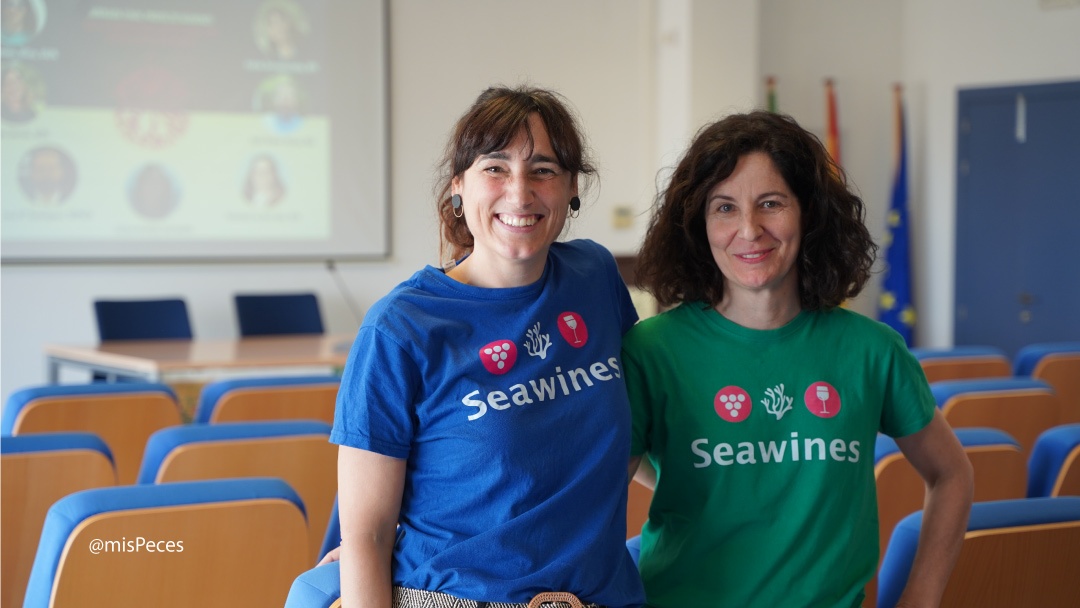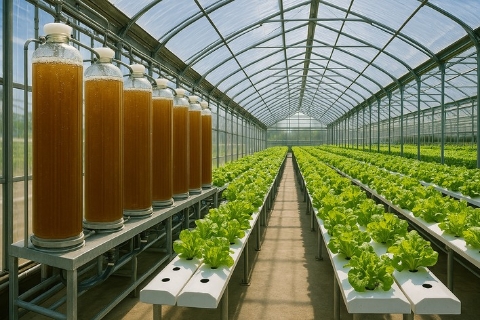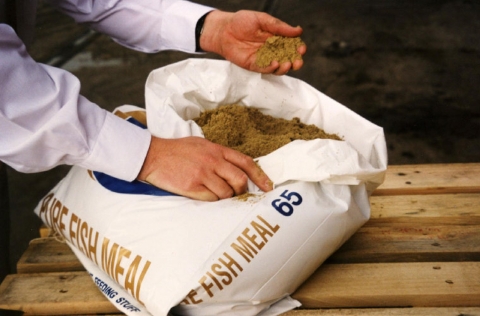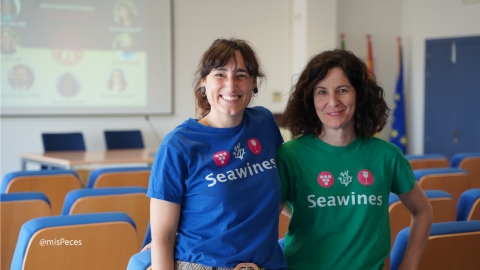
Modern agriculture is grappling with increasingly complex challenges: prolonged droughts, soil degradation, and extreme weather events are placing mounting pressure on both crop productivity and quality.
Against this backdrop, biostimulants are emerging as essential tools in sustainable crop management. Unlike fertilisers or pesticides, these natural substances don’t act directly on pest or nutrients. Instead, they work by enhancing the plant’s physiology and metabolism, helping it to cope with climate stress, make better use of water and nutrients, and build greater resilience.
Among the various sources of biostimulants, seaweed-based extracts have attracted growing interest. While several commercial products are already delivering promising results, researchers agree that more robust scientific evidence is still needed to support their broader adoption.
Addressing this gap, researchers Iratxe Zarraonaindia y Emma Cantos-Villar from the SEAWINES project recently presented their findings at a dedicated event held at IFAPA’s Rancho La Merced facility, focusing on the role of biostimulants in sustainable viticulture. The meeting provided a platform to showcase new scientific evidence supporting the use of seaweed extracts as an effective and environmentally responsible aid to grapevine production.
The findings demonstrated that seaweed extracts can contribute to more sustainable vineyard management practices. Notably, Rugulopteryx okamurae-an invasive species from Asia-was shown to significantly reduce mildew infections under greenhouse conditions, as fungal disease that poses serious risks to grapevines.
Field trials also revealed improvements in several key productivity indicators, along with enhanced polyphenolic and aromatic profiles in the grapes-both of which are crucial for wine quality.
In warmer climates, the use of Ulva spp. resulted in marked improvements in vine physiology and yield, while Rugulopteryx proved to be a promising option for tackling diseases such as mildew.
The event was not only an opportunity to share scientific progress, but also served as a forum to open dialogue between researchers, technical experts, wine producers, biostimulant manufacturers and companies involved in seaweed production. It highlighted a shared commitment to building a more resilient, circular and sustainable approach to agriculture.



